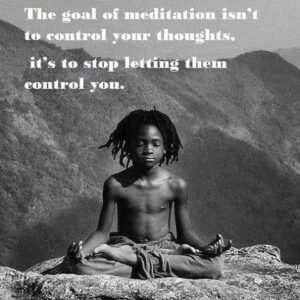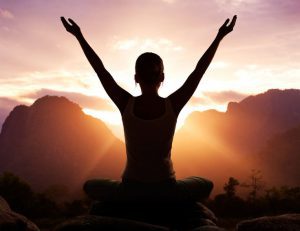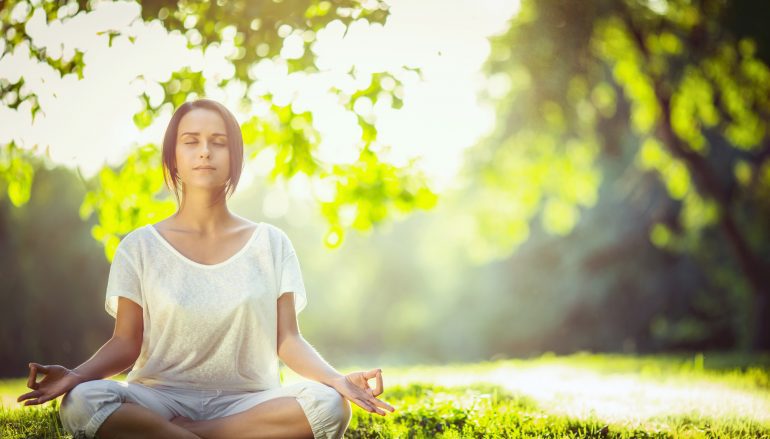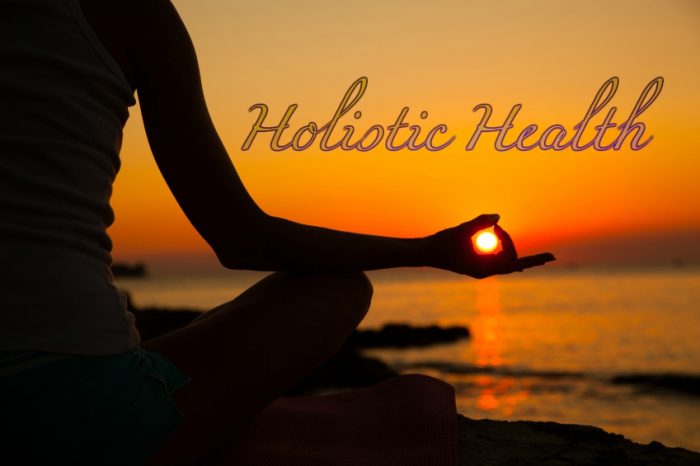Meditation deals with levels of consciousness that lie deeper than conceptual thought. There are deeper ways to understand things than just words, explains Navodita, our Associate Editor, a yoga expert, exclusively for Different Truths.
Meditation may be studied from various perspectives in various forms. The purpose of meditation is personal transformation. It reduces your tension, your worry, fear, and restlessness. It sharpens your concentration and thinking power. Your intuition sharpens, the precision of your thought increases and gradually you come to a direct knowledge of things as they really are, without prejudice and without illusion.
There are some key components of meditation to be kept in mind. Relaxation lies at the heart of it. All meditation procedures stress on the concentration of the mind, bringing the mind to rest on one item or one piece of thought. Do it strongly and thoroughly enough and you achieve a deep and blissful relaxation, called jhana. It is a state of such supreme tranquility that it amounts to rapture, a form of pleasure that lies above and beyond anything that can be experienced in the normal state of consciousness. Jhana is the goal and when you attain that, you simply repeat the experience forever. This is different from Vipassana as Vipassana seeks only awareness. It is aimed at nothing less than the purification and transformation of your everyday life. If you find that you are becoming unconscious in meditating, then you aren’t meditating well.
Meditation deals with levels of consciousness that lie deeper than conceptual thought. There are deeper  ways to understand things than just words. For example, you understand how to walk. You probably can’t describe the exact order in which your nerve fibres and your muscles contract during that process. But you know how to do it. Meditation needs to be understood that same way – by doing it. It is not something you can learn in abstract terms or something to be talked about. Meditation is not a mindless formula that gives automatic and predictable results; you can never really predict what exactly will come up during a particular session. It is an investigation and an experiment; an adventure every time.
ways to understand things than just words. For example, you understand how to walk. You probably can’t describe the exact order in which your nerve fibres and your muscles contract during that process. But you know how to do it. Meditation needs to be understood that same way – by doing it. It is not something you can learn in abstract terms or something to be talked about. Meditation is not a mindless formula that gives automatic and predictable results; you can never really predict what exactly will come up during a particular session. It is an investigation and an experiment; an adventure every time.
Another important to note is that meditation is only to increase awareness. Levitation is not the goal. The goal is liberation. There is a link between psychic phenomenon and meditation, but the relationship is complex. You should only concentrate on more and more awareness. If voices and visions pop up, just notice them and let them go. Don’t get involved. While meditating, you will also dredge up various nasty things from your past. The suppressed material that has been buried for quite some time can be scary. But exploring it is also highly profitable. However properly done, meditation can be a gentle and gradual process. Take it slow and easy, and the development of your practice will occur very naturally. Nothing should be forced.
In Buddhist meditation, there are three integral factors – morality, concentration, and wisdom. These three factors grow together as your practice deepens. Each one influences the other, so you cultivate the three of them at once. When you have the wisdom to truly understand a situation, compassion towards all parties involved is automatic and compassion means that you automatically restrain yourself from any thought, word or deed that might harm yourself or others; thus your behavior is automatically ‘moral’. It is only when you don’t understand things deeply that you create ‘problems’. If you fail to see the consequences of your actions, you will blunder. The person who waits to become totally moral before he begins to meditate is waiting for a situation that will never arise. The next level of morality consists of obeying the same rules even in the absence of somebody who will smack you. This level requires a bit of mind control. The third level of morality is ‘ethics’. Here the practitioner doesn’t follow hard and fast rules dictated by authority.
Luckily, a deeper level of consciousness can do this sort of processing with ease. Meditation teaches you how to disentangle yourself from the meditative process. It is the mental art of stepping out of your own way, and that’s a pretty useful skill in everyday life. Meditation is certainly not an irrelevant practice strictly for ascetics and hermits. It is a practical skill that focuses on everyday events and has immediate applications in everyday life. Meditation is not ‘other-worldly’.
 Meditation, including Vipassana, is not an attempt to forget you or cover up your troubles. It is learning to look at yourself exactly as you are to see what is there and accept it fully. Meditation also helps you achieve bliss, something you can experience only when you don’t chase after it. Through meditation, we become aware of ourselves exactly as we are, by waking up to the numerous subtle ways that we act our own selfishness. That’s when we truly begin to be genuinely selfless. Cleansing yourself of selfishness is not a selfish activity.
Meditation, including Vipassana, is not an attempt to forget you or cover up your troubles. It is learning to look at yourself exactly as you are to see what is there and accept it fully. Meditation also helps you achieve bliss, something you can experience only when you don’t chase after it. Through meditation, we become aware of ourselves exactly as we are, by waking up to the numerous subtle ways that we act our own selfishness. That’s when we truly begin to be genuinely selfless. Cleansing yourself of selfishness is not a selfish activity.
Thus meditation, it can be said, is the activity that goes on within the body and its effects can be manifest outside. It is a practice which can enhance your personality like nothing else does. You can learn to be more at peace and calm with yourself. You don’t feel the need for external factors to make you feel complete within yourself. Instead, you feel like a fulfilled being of the Universe ready to help others and be a solution and offer solutions for those around you.
©Navodita Pande
Photos from the Internet
#Yoga #HolisticHealth #Meditation #Universe #Jhana #ClearingOfSelf #Selfish #Practice #DiffeentTruths






 By
By
 By
By

 By
By